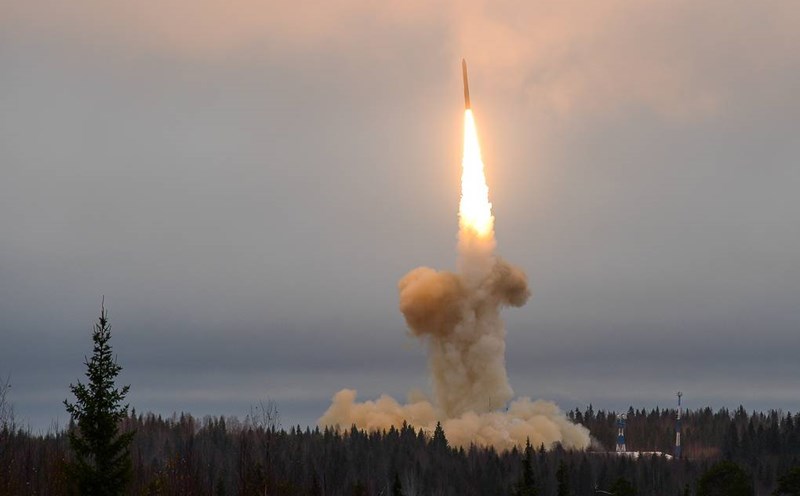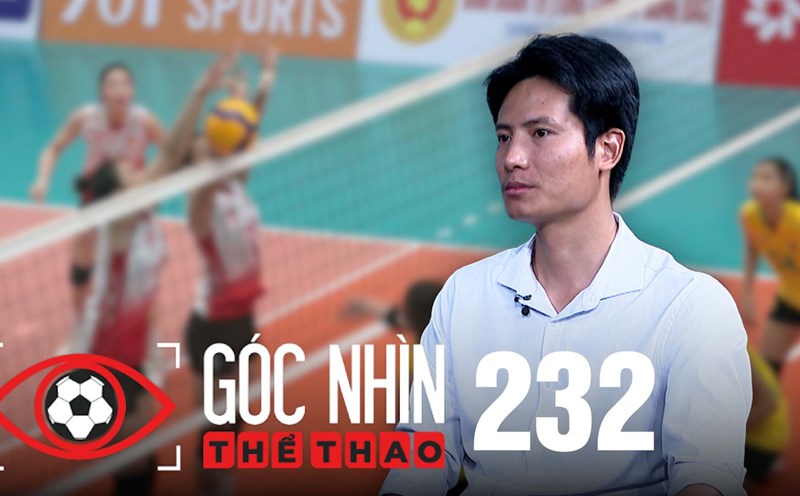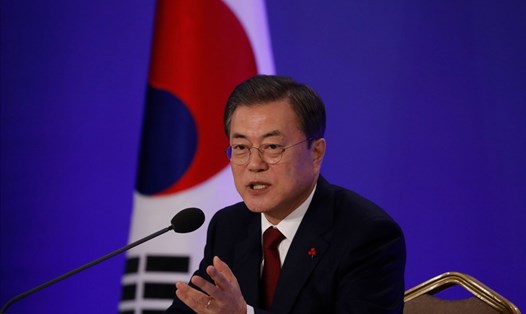Yonhap reported that in his inauguration speech on May 10, President Yoon Suk-yeol raised the challenges that South Korea and the world face from the pandemic and the reorganization of the global supply chain to record low growth and rising unemployment rates in South Korea.
"Our generation's call is to build a country that supports democratic freedoms and ensures a strongly developed market economy, a country that fulfills its responsibility as a reliable member of the international community and a truly people-on-one country," the new president told about 41,000 people present at the inauguration ceremony, noting that he believed in "his important mission of rebuilding this great nation".
President Yoon Suk-yeol expressed his desire to cooperate with other countries to address common challenges and stressed the importance of protecting political and economic freedoms to ensure success. We, as global citizens, must fight against any attempt to take away our freedom, abuse human rights or destroy peace, the new president stressed.
On North Korea, President Yoon Suk-yeol said that although Pyongyang's nuclear weapons programs are a threat not only to the security of South Korea and Northeast Asia, "the door to dialogue will remain open so that we can peacefully address this threat".
The new president added: "If North Korea truly begins the process of completing its denutionalization, we will be ready to work with the international community to come up with a bold plan to significantly strengthen North Korea's economy and improve the quality of life for its people."
President Yoon Suk-yeol's inauguration marked the start of a fierce war to curb the economic crisis, gaining the cooperation of a parliament controlled and contained by the opposition.
President Yoon Suk-yeol began his 5-year term at midnight in an underground budge set up at the new Presidential Office building in the Yongsan area by receiving a summons from the Joint Chiefs of Staff (JCS), as Commander-in-Chief. The location will act as the situation room of the National crisis Control Center.
Marking the beginning of President Yoon Suk-yeol's administration was a bell-ringing ceremony held at midnight in central Seoul.
The inauguration ceremony was attended by about 41,000 people, including distinguished foreign guests such as Mr. Douglas Emhoff - military attache of US Vice President Kamala Harris - and Chinese Vice President Vuong Ky Son.
After the inauguration, President Yoon Suk-yeol went straight to the new Presidential Office, which he had fought hard to move out of the Blue House, in what he called a "close to the people" effort.
President Yoon Suk-yeol took over at a time when South Korea was struggling to deal with economic challenges stemming from the pandemic, conflict in Ukraine and other factors leading to the phenomenon of "three highs at the same time" of inflation, interest rates and exchange rates.
Meanwhile, the threat of North Korea's nuclear and missile programs is increasing.
Both economic security and North Korea are expected to be highlights in the agenda of the first summit between President Yoon Suk-yeol and US President Joe Biden in Seoul on May 21.
The new South Korean president also faces a difficult task of repairing deeply cracked relations with Japan. During the election campaign, he expressed his desire to build a forward-thinking relationship with the neighboring country despite unresolved disputes over wartime sex slavery, forced labor and territory originating from Japan's 10.45 regime on the Korean Peninsula.








